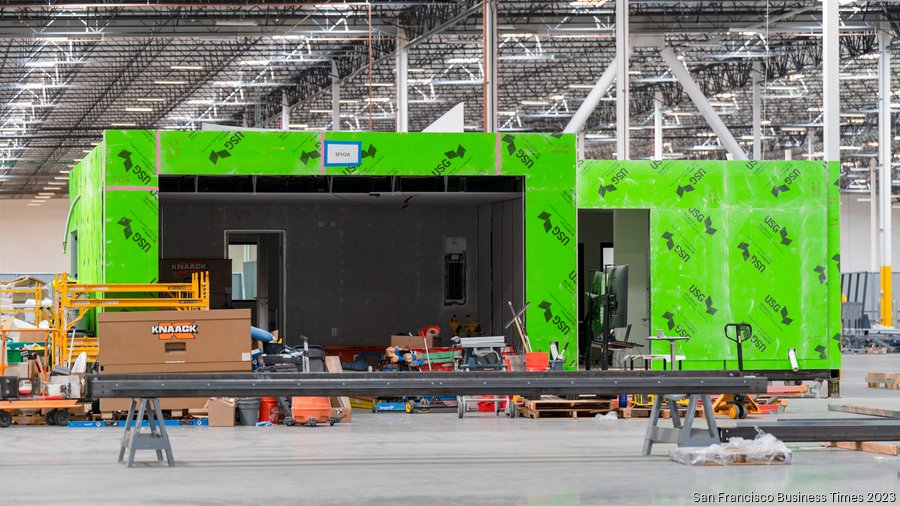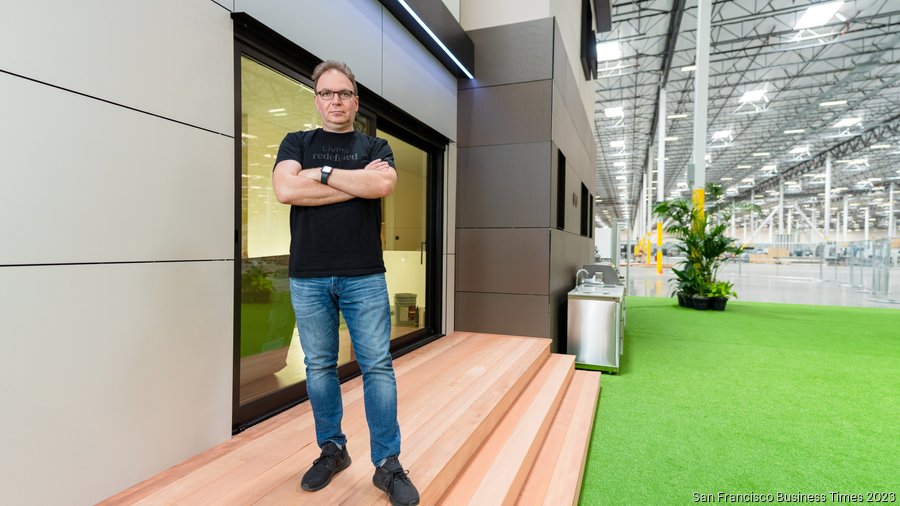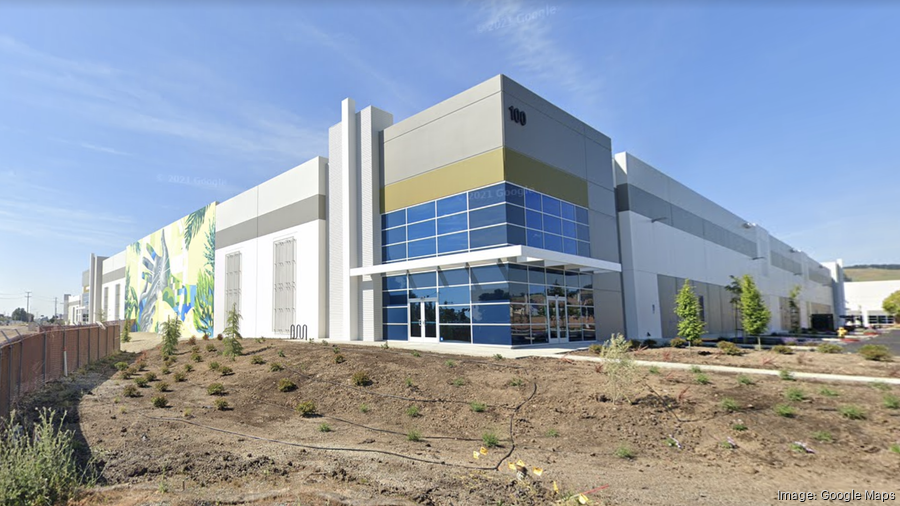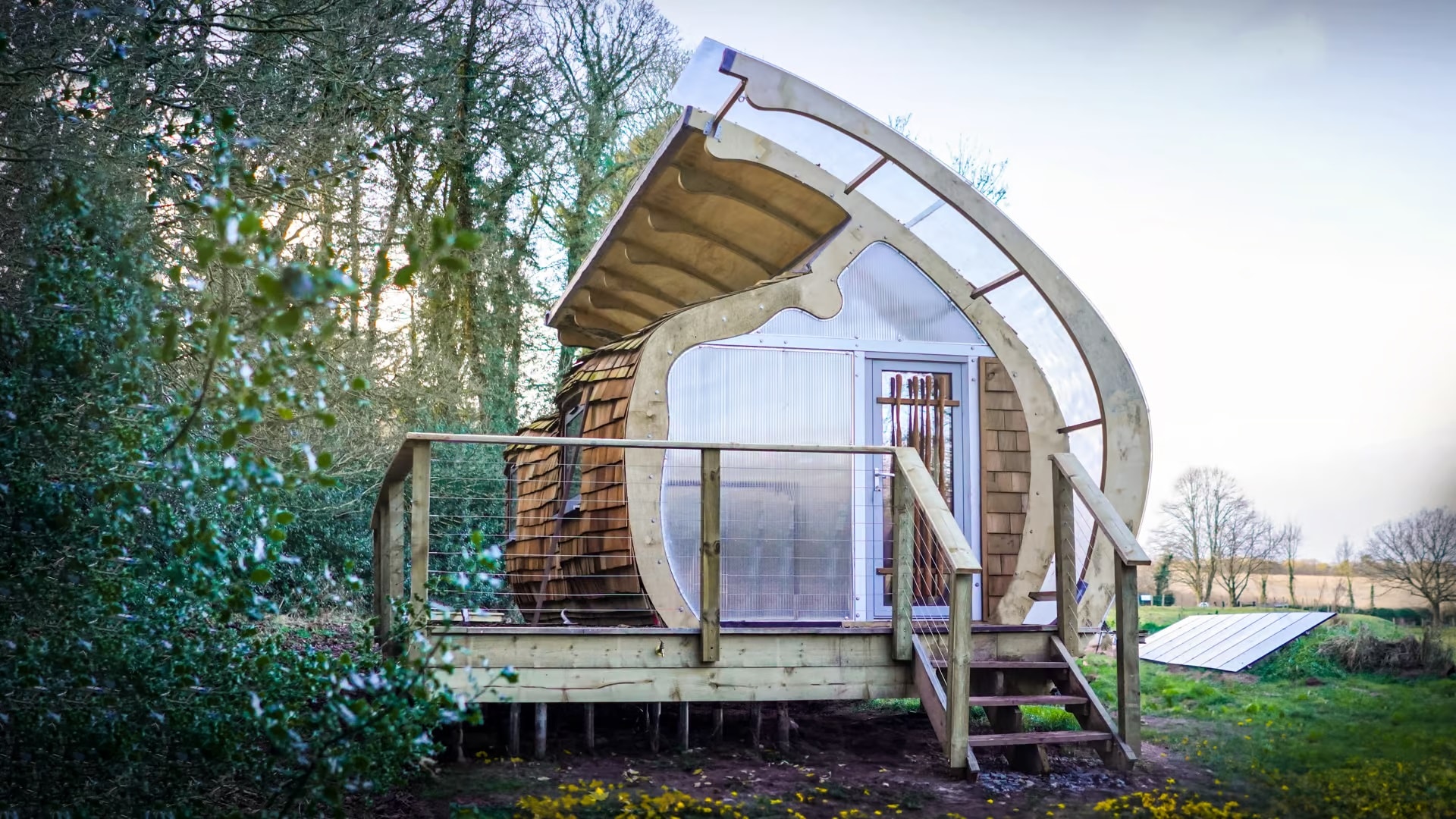In a shocking turn of events, the Israeli technology-enabled homebuilding startup Veev is set to shut down after a financing round was canceled at the last minute. This unexpected development has sent shockwaves through the tech and real estate industries. Founded in 2008, Veev had raised an impressive $646 million in funding, with a valuation of $1 billion at its peak. However, as the company faces closure, questions arise about the future of its assets and the fate of its employees.

All photos – San Francisco Business Times
The Rise and Fall of Veev:
Veev’s journey began with a promising start in March 2020 when it raised an astonishing $400 million, becoming the first unicorn in the building technology sector. Led by its founders CEO Amit Haller, CPO Ami Avrahami, and CRO Dafna Akiva, the company had ambitious plans to revolutionize homebuilding using innovative technology solutions.

However, the dream took a dark turn when Veev recently announced the layoff of 100 employees, including 20% of its development center staff in Israel. This move came after the collapse of a crucial financing round, which was halted at the term sheet stage, leaving the company in a precarious position.
While the company has not disclosed the exact amount of the failed financing round, sources within the company suggest that a potential buyer is interested in acquiring Veev’s operations, including those in Israel. This could potentially save the company from complete closure.

Veev issued a statement regarding its current situation, stating, “Veev was in the process of raising money, which was canceled at the last moment. Due to the current market situation in Israel and around the world, it was not possible to raise other money, therefore the company’s current entity will be closed in the coming days and will be transferred to the receiver for sale in the US. In the meantime, until a buyer is found for the assets, the company’s activities will continue. At this stage, the company’s employees will continue to work in Israel.”
Veev’s rise and subsequent fall serve as a stark reminder of the unpredictable nature of the tech industry. The once-promising unicorn now faces an uncertain future as it seeks a buyer for its assets in the United States. As the story of Veev unfolds, it highlights the challenges that startups may encounter in their quest for success and underscores the resilience required to navigate the ever-changing business landscape. The fate of Veev and its employees remains uncertain, but the lessons learned from its journey will undoubtedly leave a lasting impact on the world of technology and homebuilding.
It is estimated that there are currently negotiations taking place with a leading company to acquire Veev’s activity and assets. Should these negotiations not prove to be fruitful, all of the company’s employees will be fired and the company will shut down.
As part of its activity in the U.S., Veev acquired properties in California financed through debt from various lenders and bankers.
In a recent letter sent to these lenders, Veev expressed its inability to continue interest payments due to the challenging economic environment and declining real estate prices, particularly in California. The company has halted payments until the properties are sold and claims that it has been unsuccessful in striking deals due to the difficult real estate market conditions.
.



